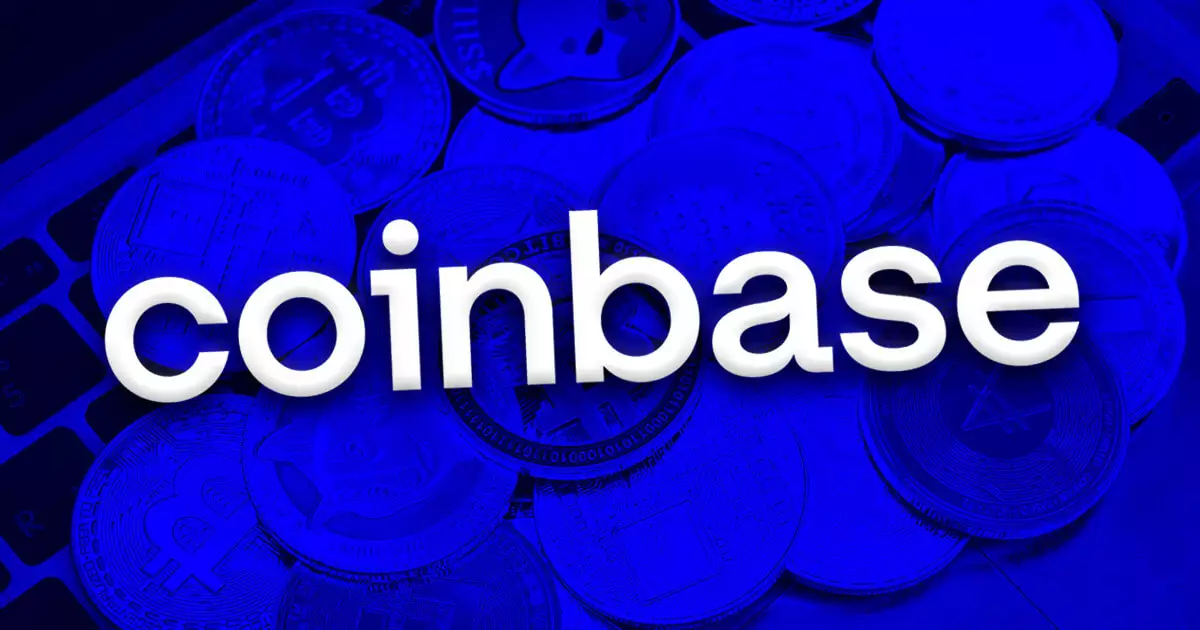The cryptocurrency landscape is perpetually shifting, with ongoing legal battles shaping its future. A significant case currently unfolding is the conflict between Coinbase and BiT Global regarding the delisting of Wrapped Bitcoin (WBTC). This dispute has brought to light critical concerns within the crypto community, particularly regarding transparency, ownership, and regulatory adherence. Here, we delve into the details surrounding this legal confrontation, the implications for both parties, and the broader market context.
Coinbase, one of the preeminent cryptocurrency exchanges, recently announced its decision to delist WBTC, prompting a swift reaction from BiT Global. The fundamental reason behind this drastic step lies in concerns related to the leadership of WBTC, specifically its affiliation with TRON founder Justin Sun. As the investigation unfolds, Coinbase asserts that Sun’s history of alleged fraudulent activities and market manipulation presents a substantial risk to both its operational integrity and user confidence.
In its court filings, Coinbase’s Chief Legal Officer, Paul Grewal, characterized BiT’s lawsuit as lacking substantive merit. He characterized the request for a temporary restraining order (TRO) as a desperate measure to maintain a failing association. For Coinbase, the decision to proceed with the delisting has a firm foundation in an internal review process that identified serious risks in maintaining a business relationship with BiT Global.
At the heart of this legal tussle lies the question of compliance and adherence to ownership transparency. BiT’s inability to clarify its ownership structure and respond to Coinbase’s inquiries regarding the security of WBTC reserves has heightened Coinbase’s concerns. The exchange claims that it is not merely protecting its interests; it is fulfilling a broader responsibility to maintain a trustworthy platform for its users. Given the rapid evolution of digital currencies, exchanges must navigate a complex legal landscape to protect both their reputation and their clientele.
BiT Global, however, has accused Coinbase of engaging in anti-competitive practices by delisting WBTC. They allege that this decision is motivated by a desire to promote its competing asset, cbBTC, thereby unfairly influencing the market in its favor. Such accusations raise important questions about the principles of fairness and competition within the cryptocurrency sphere, highlighting the need for regulatory clarity.
A crucial aspect of this case is its potential impact on consumer trust. BiT argues that the delisting of WBTC from the Coinbase platform would signal a lack of credibility for the token, thereby eroding consumer confidence in a key component of the cryptocurrency market. The fear is that this perception could lead to a decline in WBTC trading activity and, by extension, a decrease in its market value.
Conversely, Coinbase counters these claims by indicating that the vast majority of WBTC transactions occur on other platforms. By reaffirming that less than 1% of WBTC transactions take place on Coinbase, they suggest that BiT’s concerns about irreparable harm are overstated. This points to an essential dynamic in the cryptocurrency markets where consumer sentiment can shift quickly based on perceived market integrity.
The unfolding legal drama highlights the ongoing challenges faced by cryptocurrency stakeholders, particularly in navigating the regulatory environment surrounding digital assets. With increasing scrutiny surrounding Justin Sun and investigations into his activities, such developments have broader implications for public perception and regulatory actions concerning cryptocurrencies.
As the hearing for BiT’s TRO request approaches, the pressure is mounting on both Coinbase and BiT Global. The forthcoming decision will not only affect the future of WBTC on Coinbase but could also set a precedent for how exchanges handle similar conflicts in the future. Central to this debate is the need for clarity in ownership structures and a more robust regulatory framework that assures all parties involved can engage in fair practice without fear of unjust repercussions.
The confrontation between Coinbase and BiT Global serves as a potent reminder of the complexities that underpin the cryptocurrency ecosystem. As the case progresses, stakeholders and observers alike will be keenly watching to see how legal interpretations will shape the future landscape of digital assets.

